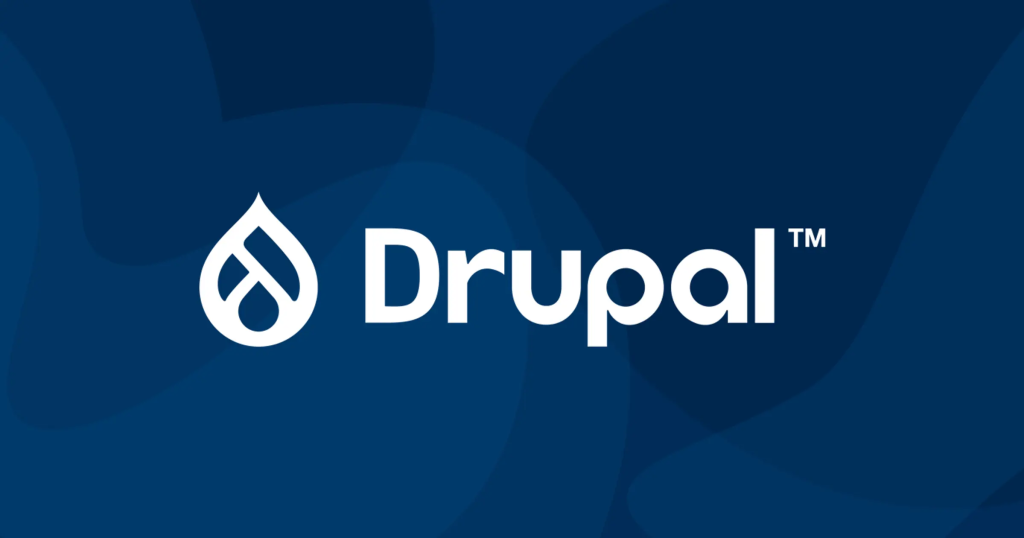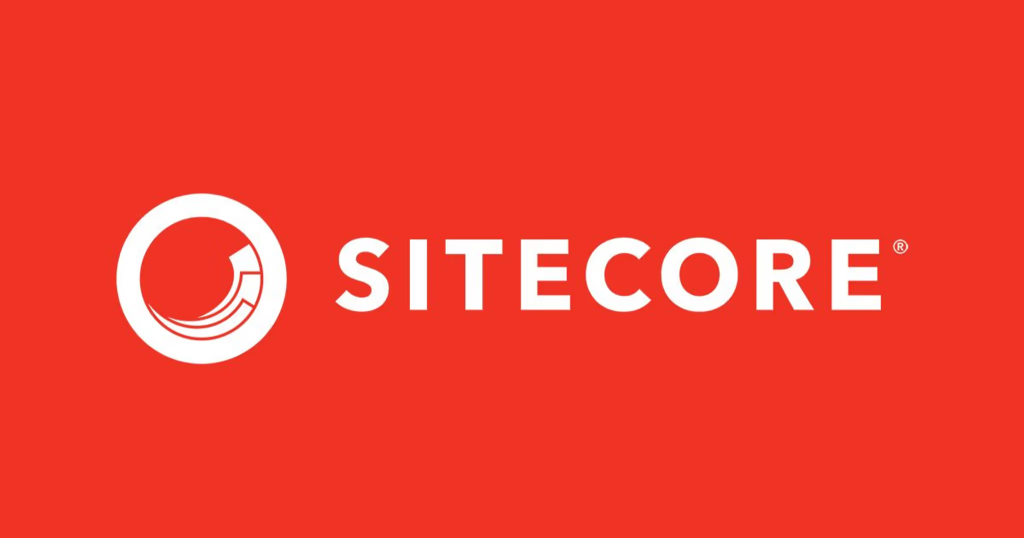The role of content management software (CMS) has become increasingly crucial for businesses and organizations of all sizes. These powerful platforms are the driving force behind the creation, management, and delivery of dynamic web content, enabling seamless digital experiences for users.
As the demand for engaging, user-centric websites and applications continues to grow, the content management software market has experienced a surge in innovation and capabilities. From enterprise-level solutions to user-friendly open-source platforms, the choices available to businesses can be overwhelming. In this article, we’ll explore the top platforms that are defining the next generation of web and mobile content strategies.
Table of Contents
- What is Content Management Software?
- The Rise of Next-Gen Content Management Software (CMS)
- Top Content Management Software (CMS) Platforms for Next-Gen Web
- Leveraging Control Panel Hosting for Content Management Software (CMS) Platforms
- Conclusion
What is Content Management Software?
Content management software is a software application that enables users to create, manage, and publish digital content without the need for extensive technical expertise. At its core, a CMS provides a centralized platform for organizing, storing, and distributing content, empowering teams to collaborate, update, and optimize their online presence more efficiently. By leveraging a CMS, businesses can streamline their content workflows, maintain content consistency across multiple channels, and enhance the overall user experience of their websites and web applications. CMS platforms often include features such as content editing, version control, media management, and publishing workflows, making it easier for users to manage the entire content lifecycle. Whether you’re running a small business website or a large-scale enterprise portal, a robust content management software can be a game-changer in your digital transformation efforts.
The Rise of Next-Gen Content Management Software (CMS)
The content management software (CMS) industry has witnessed a remarkable transformation in recent years, driven by the need for more advanced, feature-rich, and user-friendly solutions. These next-gen platforms are designed to address the evolving needs of modern web development, empowering businesses to create, manage, and deliver content with unparalleled efficiency and flexibility.
One of the key trends is the increasing emphasis on headless architectures. Headless CMSs decouple the content management backend from the front-end presentation layer, allowing for greater flexibility and multi-channel content distribution. This approach enables organizations to seamlessly integrate their content management software with a wide range of digital touchpoints, including websites, mobile apps, and emerging platforms like voice assistants and IoT devices.
Another prominent trend is the integration of powerful AI and machine learning capabilities within the platforms. These intelligent features assist with tasks such as content personalization, automated content generation, and predictive analytics, empowering businesses to deliver highly relevant and engaging experiences to their target audiences.
Top Content Management Software (CMS) Platforms for Next-Gen Web
As businesses strive to stay ahead of the curve, several content management software platforms have emerged as the frontrunners in powering the next generation of web and mobile content strategies. Let’s explore some of the leading players in this dynamic market:
WordPress

WordPress is undoubtedly one of the most widely adopted platform, powering over 40% of the entire web. Its user-friendly interface, extensive plugin ecosystem, and robust community support make it a popular choice for businesses of all sizes. WordPress has evolved beyond its blogging roots, offering advanced features for e-commerce, membership sites, and enterprise-level web applications.
Drupal

Drupal is a powerful, enterprise-grade content management software known for its flexibility and scalability. Its modular architecture and extensive customization capabilities make it a preferred choice for complex websites, intranets, and large-scale digital ecosystems. Drupal excels in areas such as content modeling, workflow management, and multilingual support, making it a go-to solution for organizations with advanced content requirements.
Adobe Experience Manager (AEM)

Adobe Experience Manager (AEM) is a comprehensive content management software solution designed for enterprise-level organizations. Leveraging the power of the Adobe Creative Cloud, AEM seamlessly integrates with other Adobe products, providing a unified platform for content creation, management, and delivery. AEM’s advanced features, including asset management, personalization, and analytics, make it a popular choice for businesses seeking a robust and scalable content management solution.
Sitecore

Sitecore is a leading CMS platform known for its robust content management capabilities and powerful customer experience management (CXM) features. Sitecore’s integrated approach to content, commerce, and customer data enables organizations to deliver personalized, context-aware experiences across multiple channels. Its advanced AI-powered features, such as predictive analytics and content recommendations, make it a compelling choice for enterprises seeking to optimize their digital experiences.
Joomla

Joomla is a versatile, open-source content management software that has gained popularity for its user-friendly interface and extensive plugin ecosystem. While not as enterprise-focused as some other platforms, Joomla is an excellent choice for small to medium-sized businesses and organizations looking to build feature-rich websites and web applications. Its active community, extensive documentation, and wide range of extensions make it a viable option for those seeking a flexible and customizable CMS solution.
Leveraging Control Panel Hosting for Content Management Software (CMS) Platforms

When it comes to hosting your content management software (CMS) platform, the choice of hosting provider and infrastructure can have a significant impact on the overall performance, security, and scalability of your digital presence. One hosting solution that has gained traction in recent years is control panel hosting, which offers a user-friendly interface and a range of pre-configured tools to simplify the management of your web hosting environment.
Control panel hosting provides an intuitive dashboard that allows users to easily manage their web hosting accounts, including tasks like domain management, email setup, database administration, and file management. These control panels often come pre-installed with popular CMS platforms, making it easy to set up and configure your website or web application.
By leveraging control panel hosting, businesses can benefit from streamlined CMS deployment, automated backups, and seamless scaling as their digital needs evolve. Additionally, many control panel hosting providers offer robust security features, such as SSL/TLS certificate management and integrated firewall protection, ensuring the safety and integrity of your content management software platform and the data it manages.
Conclusion
The choice of content management software (CMS) platforms has become a critical decision for businesses and organizations seeking to create, manage, and deliver engaging web content. From the user-friendly WordPress to the enterprise-grade Drupal and Sitecore, the market offers a diverse range of solutions tailored to meet the specific needs of modern web development.
By staying informed about the latest trends and innovations in the content management software industry, businesses can make informed decisions and leverage these powerful platforms to power their next-generation web and mobile content strategies. Whether your focus is on headless architectures, AI-powered content personalization, or seamless cross-channel content delivery, the solutions highlighted in this article can help you unlock the full potential of your digital presence.